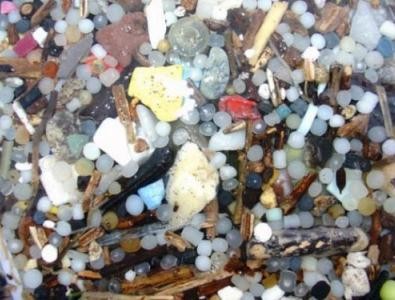Huit Millions de Tonnes de Plastique Finissent Chaque Année dans les Océans
- Source:
-
Menée par des chercheurs de l’Université de Georgie, aux États-Unis, une nouvelle étude quantifie pour la première fois la quantité de déchets plastiques déversés dans les océans. Un phénomène extrêmement préoccupant.
Bouteilles, emballages, jouets ou autres objets en tout genre… Nombreux sont les déchets plastiques qui viennent polluer chaque année les mers et océans du globe menaçant les écosystèmes marins. Ce phénomène relativement récent, est extrêmement préoccupant d’autant plus qu’il ne va pas en s’amenuisant. Bien au contraire.
